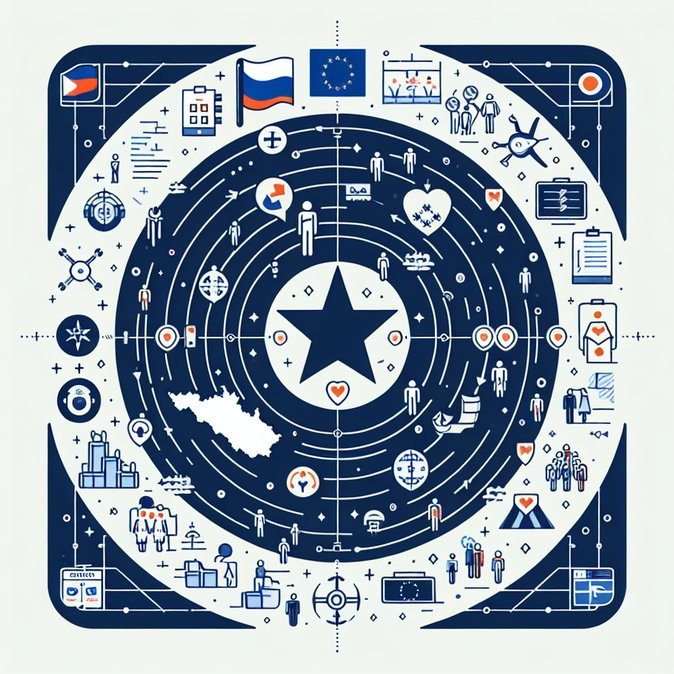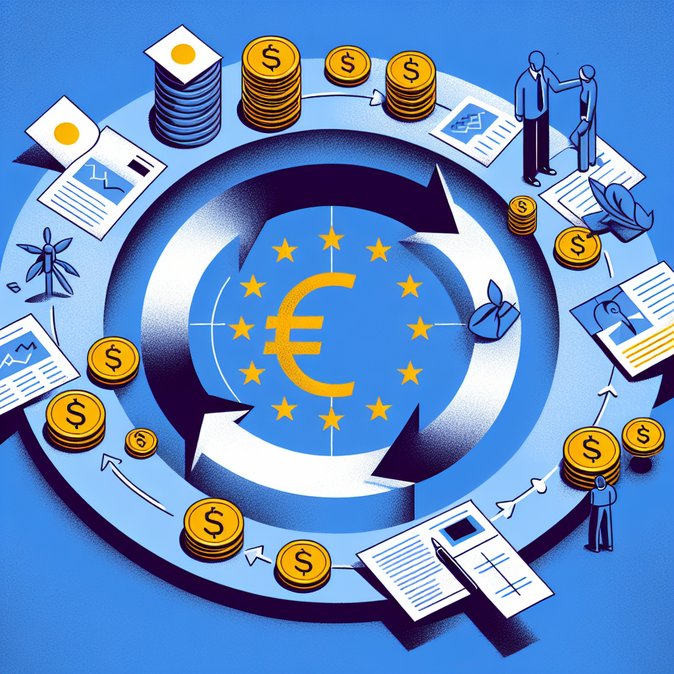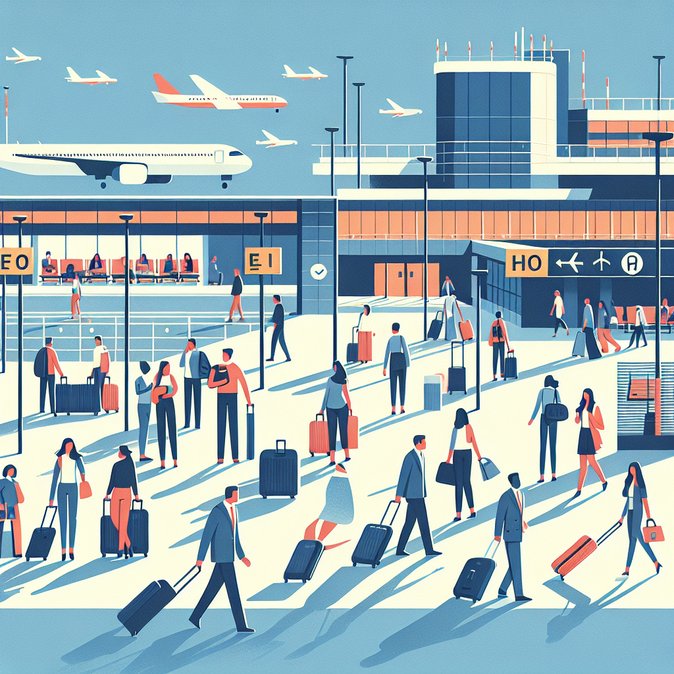
The Czech government has moved swiftly to translate new EU migration rules into budget relief. Speaking after the 12 November cabinet meeting, outgoing Interior Minister Vít Rakušan confirmed that he had the same morning delivered a letter to the European Commission requesting that Czechia be “completely exempted” from any financial contribution to the bloc’s forthcoming Migration-and-Asylum Solidarity Pool.
Under the Pact on Migration and Asylum, which starts to apply in June 2026, Member States that do not relocate asylum-seekers can instead pay into a common fund or provide operational support at the EU’s external borders. On Tuesday the Commission’s first “Annual Migration Management Cycle” report classified Czechia as one of the EU countries under “significant migratory pressure” owing to the continued presence of almost 400,000 war-displaced Ukrainians. That designation opened the door to a full or partial waiver of solidarity contributions.
![Czech Interior Minister Formally Asks EU for Exemption from Migration-Solidarity Payments]()
Rakušan told reporters that Prague would seek the maximum waiver because of the “exceptional and ongoing burden” of hosting refugees granted temporary protection. Current police statistics show 397,421 holders of that status, including more than 92,500 children and 17,800 seniors. The minister stressed that the request “changes nothing” about Czechia’s willingness to help other Member States through technical assistance or border-management teams.
If approved by the Commission and Council, the exemption would remove tens of millions of euros in payments from the 2026 state budget—welcome news for corporate mobility programmes that ultimately bear the indirect cost of higher employer taxes. Mobility managers should, however, note that the waiver is tied to the refugee headcount and will be reviewed annually; companies relocating talent to Czechia will need to keep tabs on budget negotiations each autumn.
Legal advisers say the move also signals that the next Czech government, expected to be sworn in before year-end, is unlikely to accept mandatory relocation quotas in future negotiations. Businesses employing Ukrainian staff should therefore anticipate the continuation of streamlined temporary-protection extensions rather than a pivot to longer-term residence categories.
Under the Pact on Migration and Asylum, which starts to apply in June 2026, Member States that do not relocate asylum-seekers can instead pay into a common fund or provide operational support at the EU’s external borders. On Tuesday the Commission’s first “Annual Migration Management Cycle” report classified Czechia as one of the EU countries under “significant migratory pressure” owing to the continued presence of almost 400,000 war-displaced Ukrainians. That designation opened the door to a full or partial waiver of solidarity contributions.

Rakušan told reporters that Prague would seek the maximum waiver because of the “exceptional and ongoing burden” of hosting refugees granted temporary protection. Current police statistics show 397,421 holders of that status, including more than 92,500 children and 17,800 seniors. The minister stressed that the request “changes nothing” about Czechia’s willingness to help other Member States through technical assistance or border-management teams.
If approved by the Commission and Council, the exemption would remove tens of millions of euros in payments from the 2026 state budget—welcome news for corporate mobility programmes that ultimately bear the indirect cost of higher employer taxes. Mobility managers should, however, note that the waiver is tied to the refugee headcount and will be reviewed annually; companies relocating talent to Czechia will need to keep tabs on budget negotiations each autumn.
Legal advisers say the move also signals that the next Czech government, expected to be sworn in before year-end, is unlikely to accept mandatory relocation quotas in future negotiations. Businesses employing Ukrainian staff should therefore anticipate the continuation of streamlined temporary-protection extensions rather than a pivot to longer-term residence categories.


